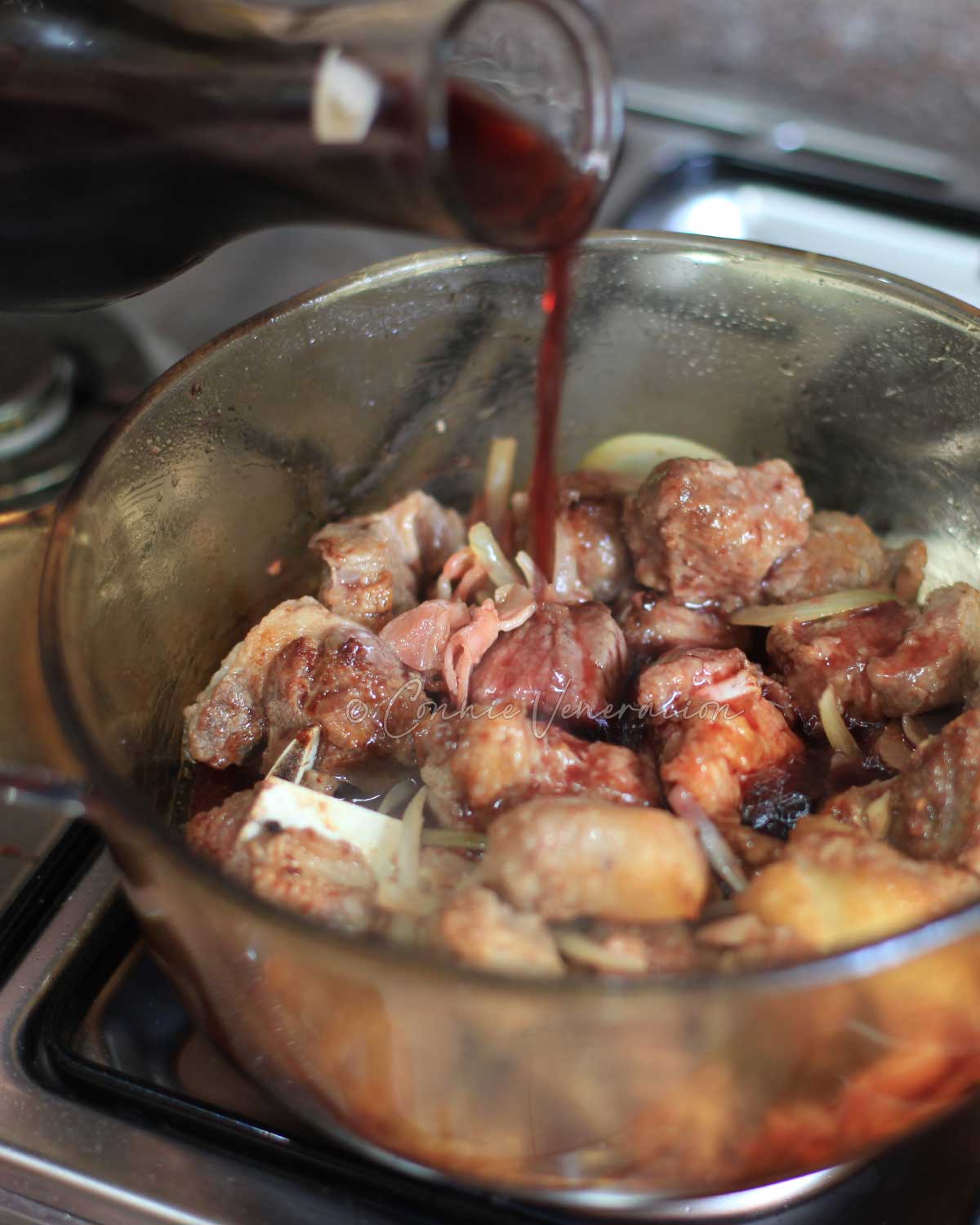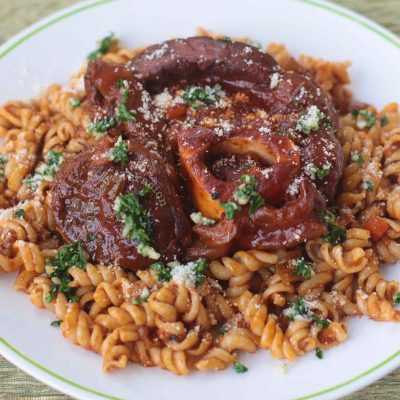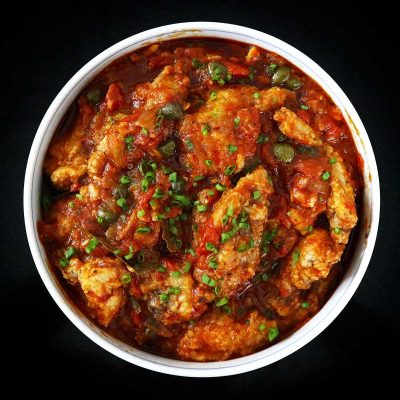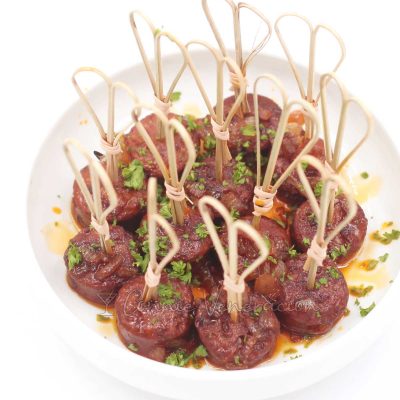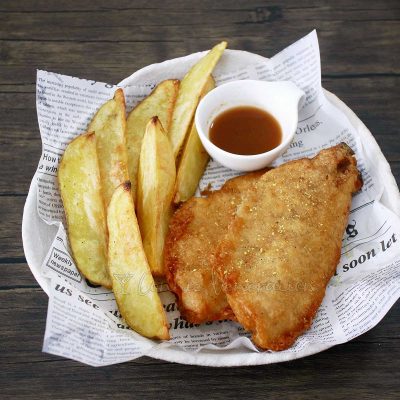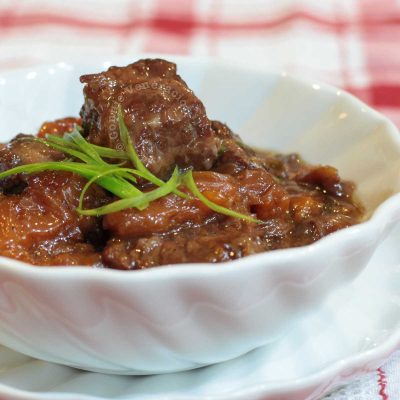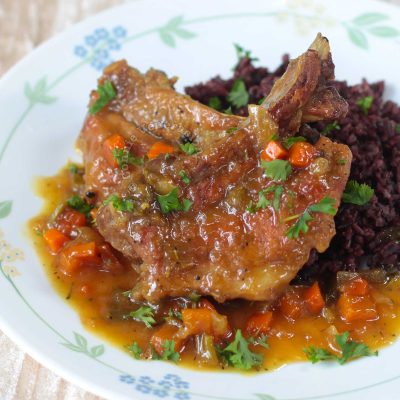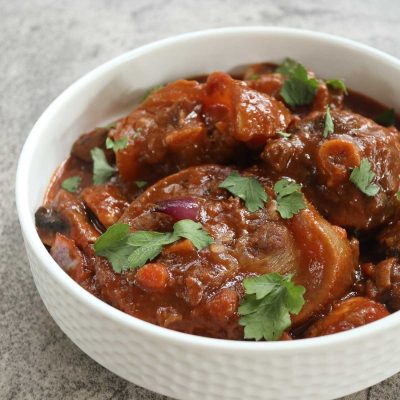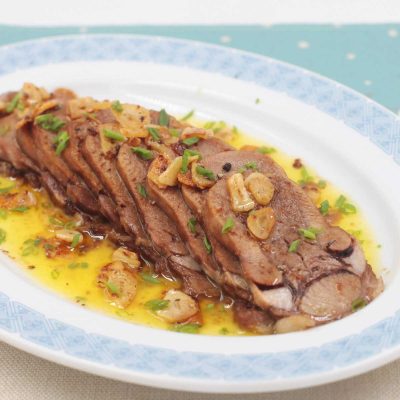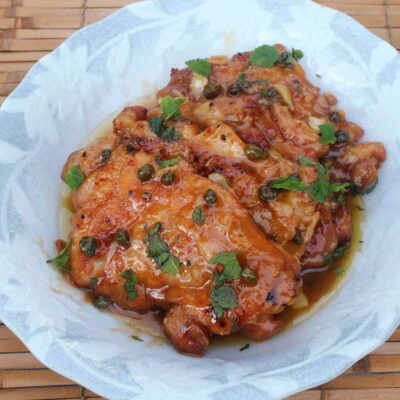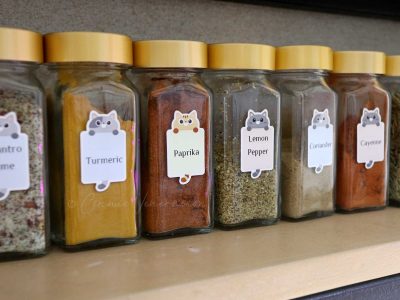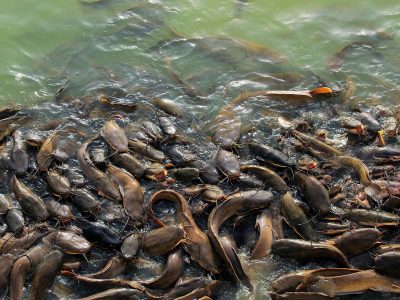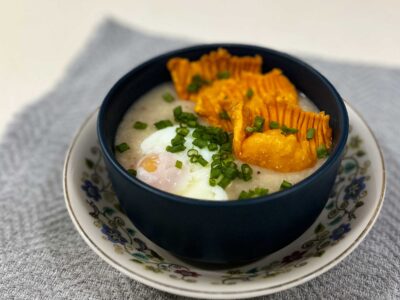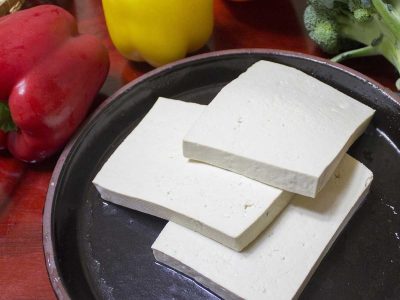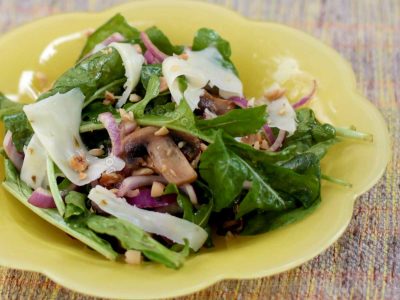I like cooking with wine. Not just wine, actually. I cook with tequila, I cook with beer… I like the full-bodied flavor that only alcoholic drinks seem able to impart.
But I understand that a lot of people regard cooking with alcohol as a taboo. For some, it’s because of health reasons. Some people are allergic to alcohol. For others, well, there are religions that prohibit intake of alcohol in any form.
For curious cooks, however, it pays to know just what happens and what you ingest when you add alcohol to the dish that you’re cooking.
Evaporation of alcohol
The alcohol evaporates — not burn off — during cooking but not all of it. If alcohol is your “enemy” for health or religious reasons (I won’t judge you, don’t worry), know that how much of the alcohol is left in the dish after cooking depends largely on:
- the percentage of alcohol in the drink used (tequila has a higher alcohol content than a fruity wine)
- the cooking method (despite the high heat, not much alcohol evaporates when you flambe)
- the length of cooking time (very little alcohol remains when you add wine to your meat stew)
Does food cooked with alcohol taste bitter?
Not if you used the alcohol correctly. If wine, for instance, is allowed to boil off long enough, there is no trace of bitterness left. There is no smell that stings the nose either. What remains is the rich concentrated fruity flavor of the wine.
So, if you think that adding alcohol to a dish makes it bitter, think again. Unless you’re talking fruit cake or rum cake or something similar, bitterness doesn’t figure in the equation. If you do it right. But, again, it doesn’t mean that there is no alcohol left in the food.
About the calories
Alcoholic drinks are notorious for their high calorie content. If a percentage of the alcohol evaporates during cooking, does a proportional amount of the calories magically disappear too? Unfortunately not.
Much of the calories in alcoholic beverages are in the sugar, not in the alcohol itself. And the sugar does not burn off. That’s why adding sweet wine will result in a sweetish cooked dish while adding dry wine will not have the same result.

